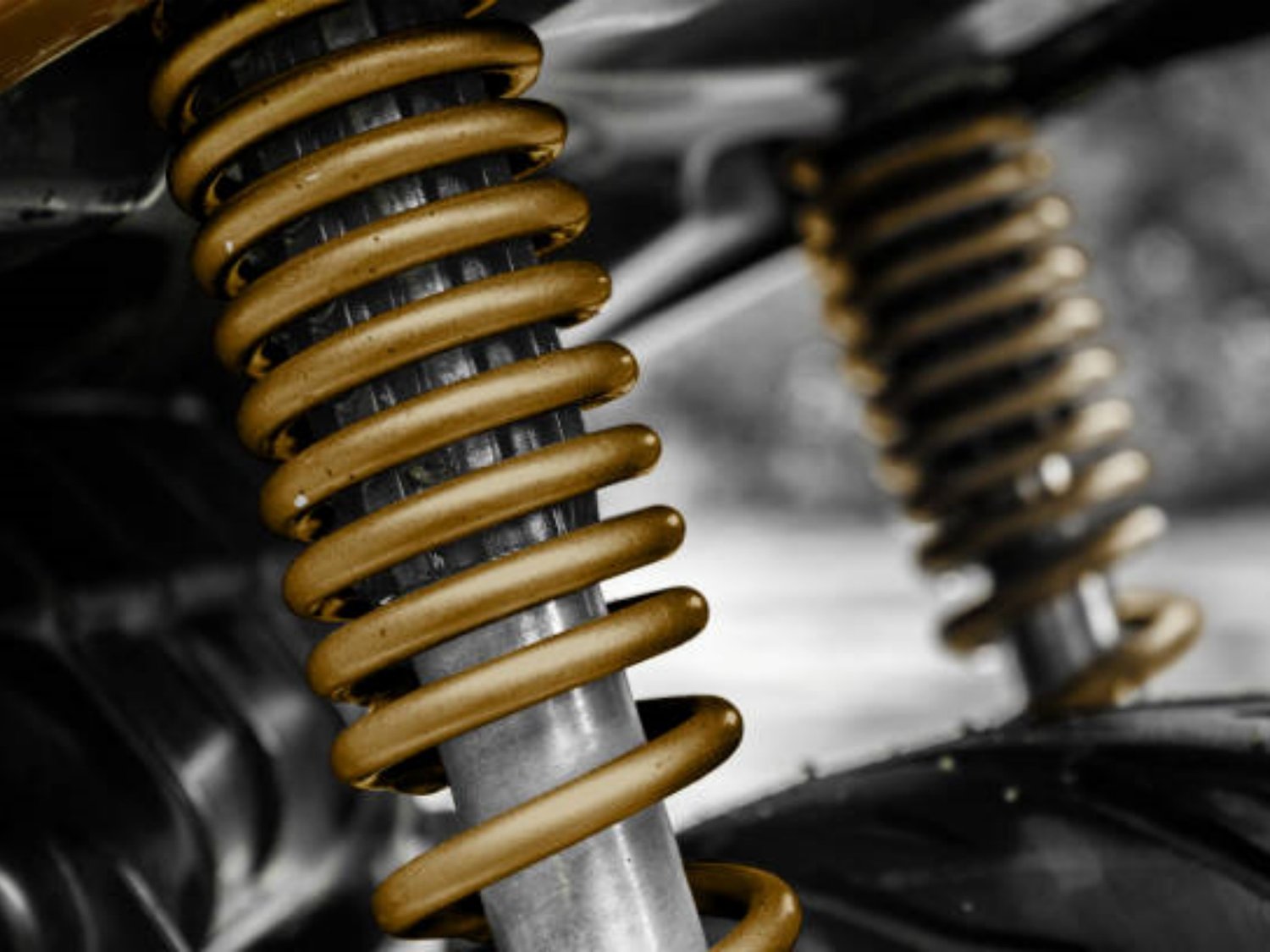Understanding the Role of car springs in Vehicle Performance
In the automotive world, car springs play a crucial role in ensuring a smooth and comfortable ride. These important components are responsible for absorbing shocks and vibrations, providing stability, and maintaining proper vehicle height. Without well-functioning springs, your car's performance and safety could be compromised. In this article, we will explore the various aspects of car springs and their significance in maintaining an optimal driving experience.
The Basics: What Are Car Springs?
Car springs are mechanical devices designed to store mechanical energy when compressed or stretched and release it when the force is removed. They are typically made of steel and come in various types, including coil springs, leaf springs, and torsion bars. Each type has its own unique characteristics and applications, but they all serve the same fundamental purpose of supporting the weight of the vehicle and providing shock absorption.
Coil Springs: The Most Common Type
Coil springs are the most commonly used type of car springs in modern vehicles. As the name suggests, they are made of coiled steel wire and are often found in the suspension systems of cars, trucks, and SUVs. Coil springs provide a smooth and comfortable ride by absorbing road imperfections and distributing the weight of the vehicle evenly. They also help maintain proper tire contact with the road, ensuring optimal traction and handling.
Leaf Springs: Traditional and Reliable
Leaf springs, also known as carriage springs, have been used in vehicles for centuries and are still found in many trucks and commercial vehicles today. They consist of multiple layers of curved spring steel, known as leaves, bound together to form a flexible and durable suspension system. Leaf springs offer excellent load-carrying capacity and are especially well-suited for heavy-duty applications, such as towing and hauling.
Torsion Bars: Twisting for Stability
Torsion bars are another type of car spring commonly found in certain vehicles, particularly trucks and SUVs. Unlike coil springs or leaf springs, torsion bars rely on the twisting motion of a steel bar to provide suspension support. As the vehicle's wheel encounters bumps or uneven terrain, the torsion bar twists and absorbs the energy, allowing for a smoother ride. Torsion bars are known for their durability and resistance to sagging over time.
The Importance of Proper Suspension
A well-maintained suspension system, which includes car springs, is essential for several reasons. Firstly, it ensures a comfortable ride by minimizing vibrations and shocks, allowing you and your passengers to enjoy a smooth journey even on rough roads. Secondly, it enhances vehicle stability and handling, improving your ability to control the car and reducing the risk of accidents. Lastly, an optimal suspension system helps extend the lifespan of other components, such as tires and brakes, by minimizing excessive wear and tear.
Signs of Worn-out Car Springs
Over time, car springs can wear out or become damaged due to regular use, exposure to harsh conditions, or accidents. It is important to be aware of the signs of worn-out springs, as they can significantly affect your vehicle's performance and safety. Common indicators include a rough and bumpy ride, excessive bouncing after hitting bumps, sagging or uneven vehicle height, and unusual noises coming from the suspension system. If you notice any of these signs, it is advisable to have your car inspected by a qualified mechanic.
The Importance of Regular Maintenance
Regular maintenance and inspection of your car's springs are crucial for optimal performance and safety. It is recommended to have your suspension system checked by a professional at least once a year or whenever you notice any signs of wear or damage. Routine maintenance may involve lubricating the springs, checking for corrosion or cracks, and ensuring proper alignment and adjustment. By taking care of your car springs, you can prevent costly repairs, improve fuel efficiency, and enhance the overall driving experience.
Upgrading Car Springs for Performance
For car enthusiasts or those seeking enhanced performance, upgrading the car springs can be a worthwhile investment. Performance-oriented springs are designed to provide better handling, increased stability, and improved responsiveness. However, it is important to choose springs that are specifically designed for your vehicle make and model, as improper installation or mismatched components can have adverse effects on safety and performance. Consult with a trusted automotive expert or suspension specialist to determine the best options for your specific needs and goals.
Conclusion: The Vital Role of Car Springs
Car springs are not just simple mechanical components; they are vital for ensuring a comfortable and safe driving experience. Whether it is the coil springs, leaf springs, or torsion bars, these suspension elements play a significant role in absorbing shocks, providing stability, and maintaining proper vehicle height. Regular maintenance and timely replacement of worn-out springs are essential for optimal performance and safety. By understanding the importance of car springs and taking appropriate care, you can enjoy a smoother ride and prolong the lifespan of your vehicle's suspension system.

